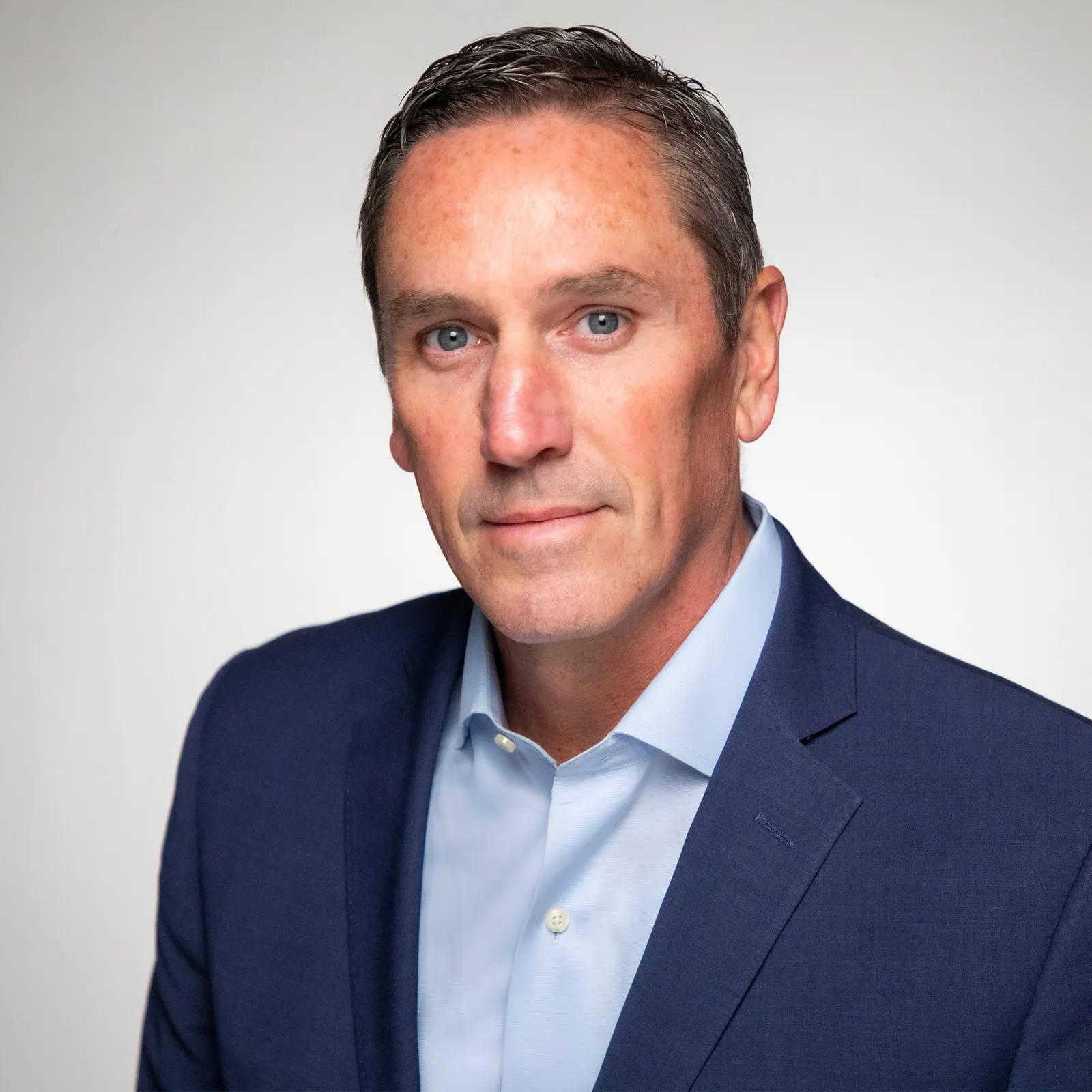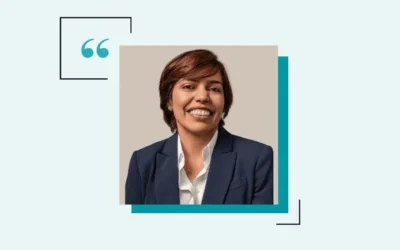Sean Denham never intended to leave his role as senior partner at Grant Thornton.
In fact, when the head of HR at financial services firm SEI first approached him about a CFO job, Denham declined. However, after meeting with company board members and discussing it further with CEO Ryan Hicke, he soon warmed to the idea. Reflecting on the “last act of his career,” Denham, 52, decided to take a chance and accept the role.
“I took a bit of a leap of faith,” says Denham, “and I have absolutely no regrets.” He officially joined SEI as CFO in March 2024 and added COO to his title in February of this year.
Through his prior jobs at Grant Thornton, Ernst & Young and EisnerAmper predecessor Amper, Politziner & Mattia, Denham had the chance to peer under the hood of several large, publicly traded clients, including SEI. But he had never worked directly for a public company. He had also never worked as a CFO.
In an interview with CFO.com, Denham talks about making the transition from private to public, how he balances operational duties with financial ones and his approach to navigating an increasingly uncertain global economy.

CFO, SEI
First CFO position: March 2024
Notable previous employers:
- Grant Thornton
- Ernst & Young
- Amper, Politziner & Mattia
This conversation has been edited for brevity and clarity.
DAN NIEPOW: You left the partner track at EY and Grant Thornton to become a CFO. What prompted you to make that move?
SEAN DENHAM: I held a lot of meaningful roles at Grant Thornton over the years, and to be honest, I was never looking to leave. When SEI’s former CFO, Dennis McGonigle, announced his retirement, I tried to help them find a replacement. SEI is a significant client for Grant Thornton, so we wanted to be helpful. I sent over probably 20 or 30 resumes.
Eventually, though, the head of HR said, “Well, Sean, what about you?” I said, “No, thank you.” But the CEO of SEI, whom I knew from outside board service, was still interested. He suggested I meet with SEI’s board members. So, after meeting them and talking it over with my family, the position became more intriguing. I’m 52 years old, and I was starting to think about the last act of my career. I knew [SEI CEO] Ryan very well, and I knew SEI very well. These opportunities don’t come along too often, so I took a bit of a leap and decided to make the change.
What were some of the biggest lessons learned over your two decades at Grant Thornton?
It developed me as a professional. To see how not just one company works, but hundreds. I got to see what things worked well for some companies, and what things became barriers for others. There are also lots of things I took from my time as a senior partner. Moving lock-step with other partners was truly meaningful to me, and has helped me work better with other leaders.
SEI is the first publicly traded company you’ve worked for. How has that transition been from private firms?
It’s taken time. I wouldn’t want to say culture shock necessarily, but it’s just totally different from anything I’ve done in my career. It took me probably a good nine months to really start feeling comfortable in the chair. As CFO, I have public filing requirements. I’m talking to investors and analysts. These are things I had never done before.
You’re serving as both CFO and COO — a combination role we’ve been seeing more and more. How do you find a balance between the two roles?
Balance can be tough, but I view these two positions as an integrated role. Under the CEO, we’re doing a lot of things to evolve the company. We’re moving from a vertical strategy to a horizontal strategy, for instance. We’re also rethinking capital allocation. I’ve spent a lot of time bringing focus and attention to how we can maximize the return on capital. So, when I think about capital allocation, I believe both the CFO role and the COO role tie in nicely there. Maybe not for all organizations, but certainly for ours, the two roles mesh almost seamlessly.
Between tariffs and geopolitical crises, there’s been lots of talk about economic uncertainty, including a survey from your former employer, Grant Thornton, which showed that CFOs have slashed profit forecasts significantly. How are you feeling about the global economy in the near term and over the long haul?
Tariffs don’t affect our industry directly, but there are some indirect ways they could affect us. When you think about tariff-induced market pullbacks, for instance, some of our revenue is driven directly from market appreciation or depreciation. In late March and early April, we were doing a lot of scenario planning. We’re steadfast in scenario planning. Ultimately, we’re taking control of the things we can control. Do we have plans for storms? Yes, but we’re focusing on what we can control.
What can be done about the accounting shortage, especially as more and more entry-level job tasks are being automated away?
I appreciate the work the AICPA and some state societies of CPAs have done over the last few years. They’ve been very active in thinking about ways to keep students interested in public accounting. The reality is that automation is here to stay, and it’s only going to advance. Some companies, including Grant Thornton, have done a nice job of ensuring young folks understand the why of everything we’re doing in accounting. Some basic tasks can be automated, but employees still need to understand the groundwork behind everything we do.





